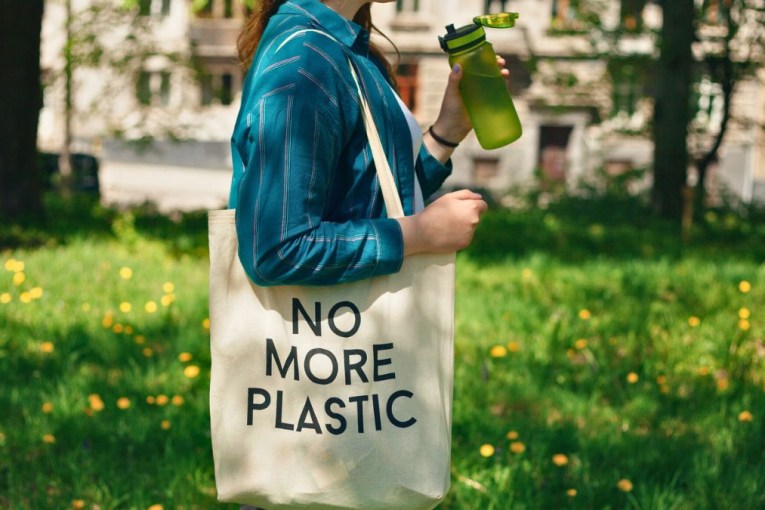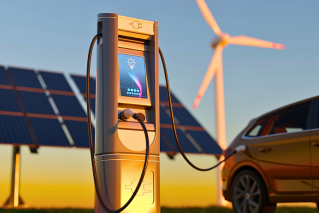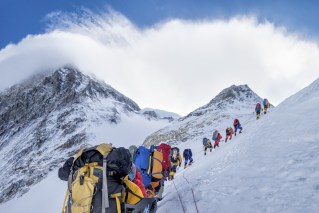NSW plastic bans might catch up with the rest of Australia

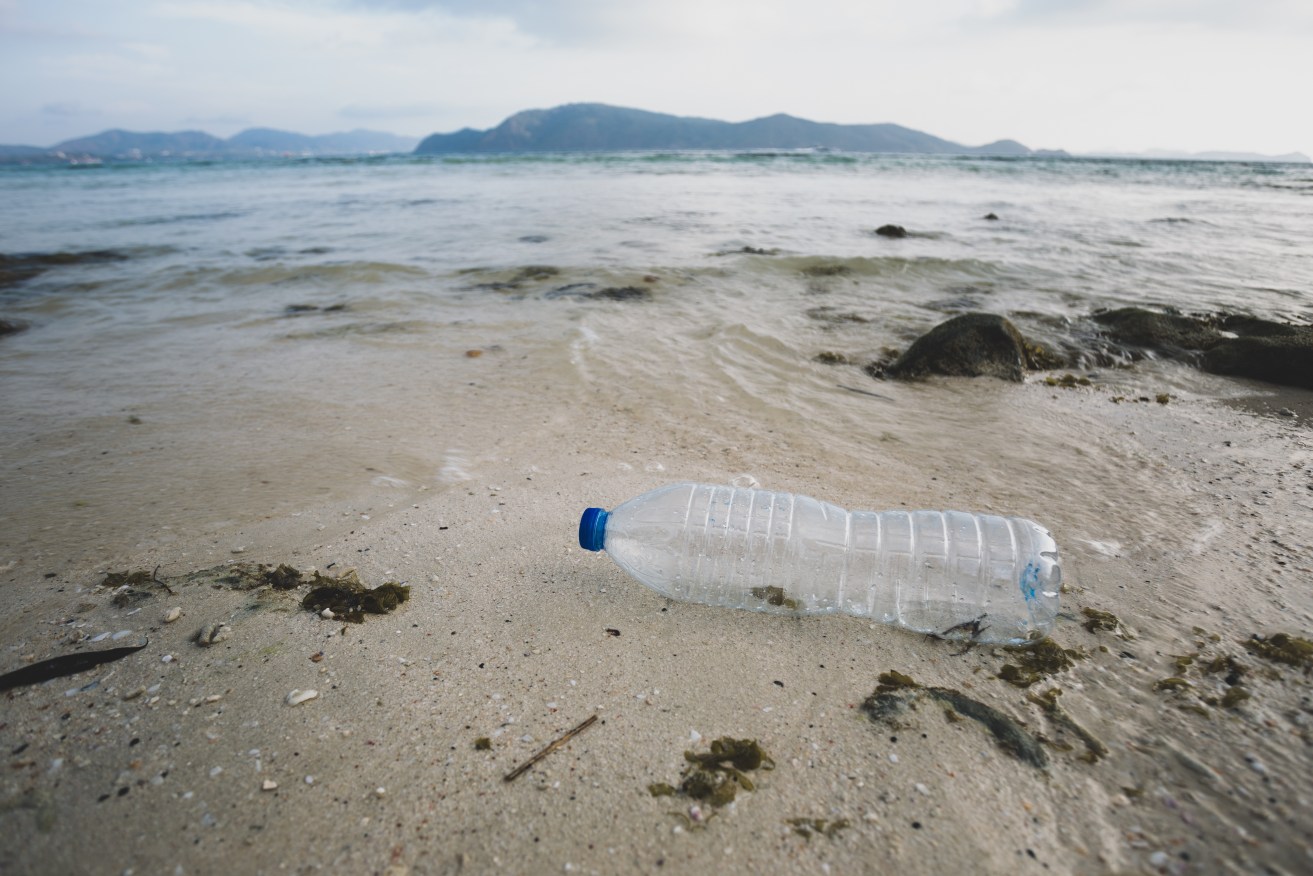
The ocean floor is littered with up to 100 times more plastic than what is on the surface, a landmark new estimate by the CSIRO suggests. Photo: Getty
The New South Wales government has an ambitious plan to expand its ban on single-use plastics, which would bring it in line with other Australian states and territories and in some areas, go beyond.
The state has proposed extending its ban on single-use plastics to include heavyweight plastic shopping bags, fruit and vegetable produce bags, cups and bowls, takeaway food containers, and expanded polystyrene food trays.
The ban could also extend to microplastics in the form of condiment packages, plastic fruit stickers, bread tags, lollipop sticks, pizza savers, and microbeads in cleaning products.
In a move that could directly save sea life, NSW is mulling a ban of plastic balloon sticks and ties and the deliberate release of helium balloons.
Tweet from @AustMarConsSoc
Speaking to The New Daily, Australian Marine Conservation Society (AMCS) plastics campaign manager Shane Cucow said people often don’t realise how “lethal” balloons are to animals.
“When a balloon is released into the air, whether intentionally or unintentionally, it can travel hundreds of kilometres and it inevitably bursts and then lands out in our oceans or our waterways,” he said.
“And what happens then is that seabirds, in particular, as well as other ocean wildlife can get caught in the strings, which themselves are usually made out of plastic.
“Also, when a balloon has burst, the tendrils of the balloon make it look like a jellyfish to a turtle and when that turtle eats that balloon, that stretchy rubber plastic wraps around all the items in their stomach and causes a life-threatening blockage.”
No Balloon Release Australia has been campaigning for over seven years for this type of ban.
“We came close in the original NSW Plastics Plan passed earlier, but the balloon release ban was inexplicably squashed by the LNP Cabinet,” Karen Joynes said.
“In Next Steps, the plan is for a phase out rather than an immediate ban, but hopefully with strong support for a ban, it will occur as soon as the next round passes parliament.”
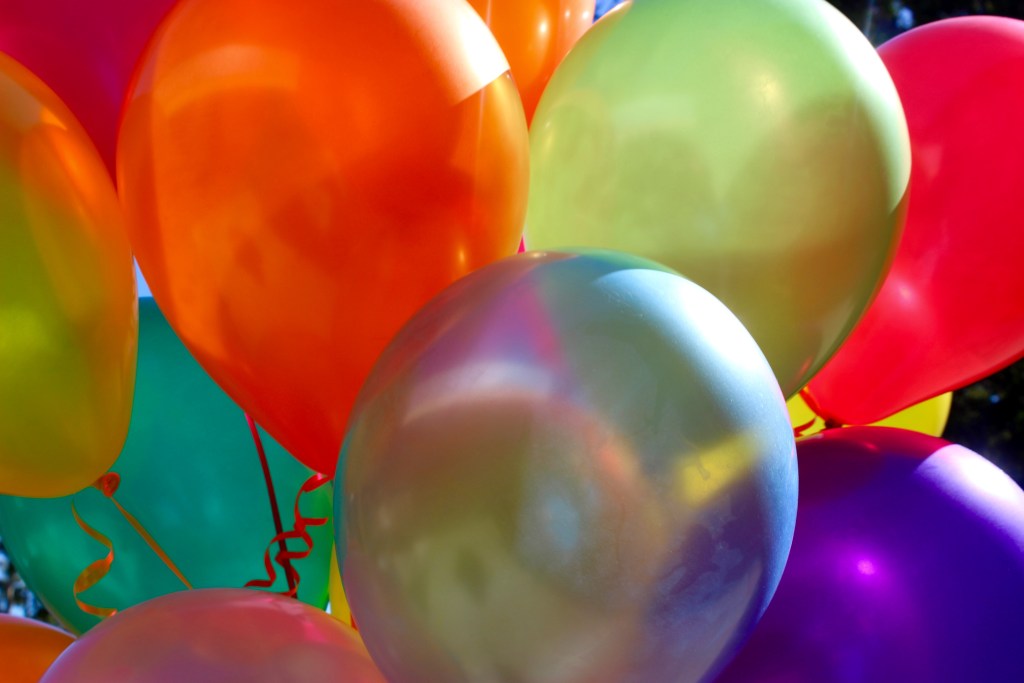
NSW is considering a ban on the deliberate release of helium balloons.
Cucow said NSW was the “last to the party” when it came to single-use plastics.
“It is true that at the moment, the New South Wales government is one of the trailing behind states on banning plastics, but this plan changes that,” he said.
The proposed plan will bring the state in line with others in some ways but also lead the charge and consider things no other state or territory has done so far.
NSW is considering implementing standards preventing plastic in cigarette filters and requirements for plastic beverage bottles to have tethered lids that remain attached to the bottle.
Once behind, now a world leader
Just a few years ago, Australia was far behind many other countries around the world regarding single-use plastic bans, Cucow said.
“But with the bans across our various states and territories, Australia is actually now being looked to as a leader by many countries,” he said.
“And particularly during negotiations that are currently under way in establishing a global plastics treaty, particularly on the issue of banning single-use plastics.
“And that’s thanks to states like WA, which have really upped the ante and banning plastics that aren’t really being looked at in most jurisdictions around the world.”
Western Australia was the first in the country to consider bans on things like plastic cups, and coffee cups containing plastic.
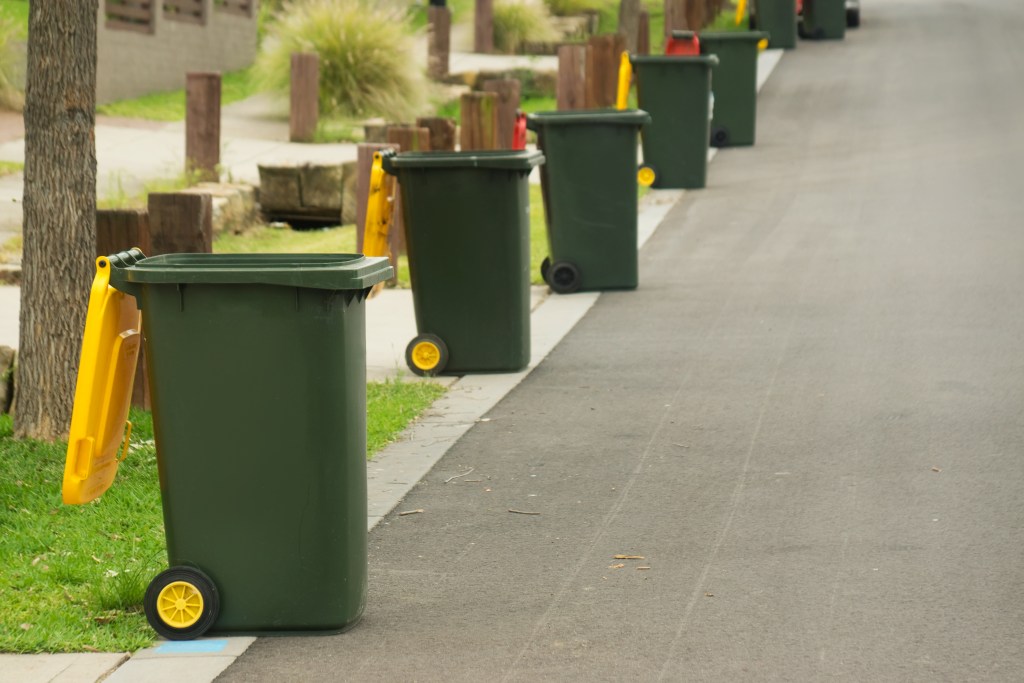
Australia falls behind the likes of Europe when it come to recycling.
However, there are a few areas where Australia as a whole tends to “fall down”.
Currently, Australia’s recycling rates are “terrible”, Cucow said, with just 13 per cent of our plastic actually being recycled, while parts of Europe are excelling in this area.
Another aspect Europe tends to do well in is tethering plastic bottle caps to bottles.
“Plastic bottle caps are very commonly found in ocean cleanups. They very easily make their way out into our environment, because they’re so easily lost and when they get into the recycling system, they quickly fall through the cracks,” Cucow said.
Which is why he and the AMCS is glad NSW will be leading the charge.
Tweet from @NSW_EPA
Postive steps in eliminating plastic
Cucow said individuals have been leading the charge by refusing plastic when they can and even recycling and picking up rubbish, which is important because we all need to do our part.
However, he believes some people may feel “justifiably betrayed” when they find out their waste isn’t getting recycled or when large companies are not working to minimise plastic.
“When every individual action is added up at a massive population scale, there can be a huge amount of environmental damage from plastics that are lost or discarded or limited,” Cucow said.
“But it is the companies who produce this plastic that can be doing the most to stop plastic pollution.”
He is excited to see UN states negotiating a global plastic treaty and Australian states and territories working on new packaging laws to regulate the use of plastic packaging.
“That’s truly exciting because that could actually make companies responsible for their packaging, and reducing the amount of plastic that they’re using,” he said.
At the end of the day, it comes down to government regulations that preventing companies from using excess plastic, because sometimes consumers don’t have any other choice than to accept plastic.
People in NSW have until February 4 to have their say on the proposed bans.
